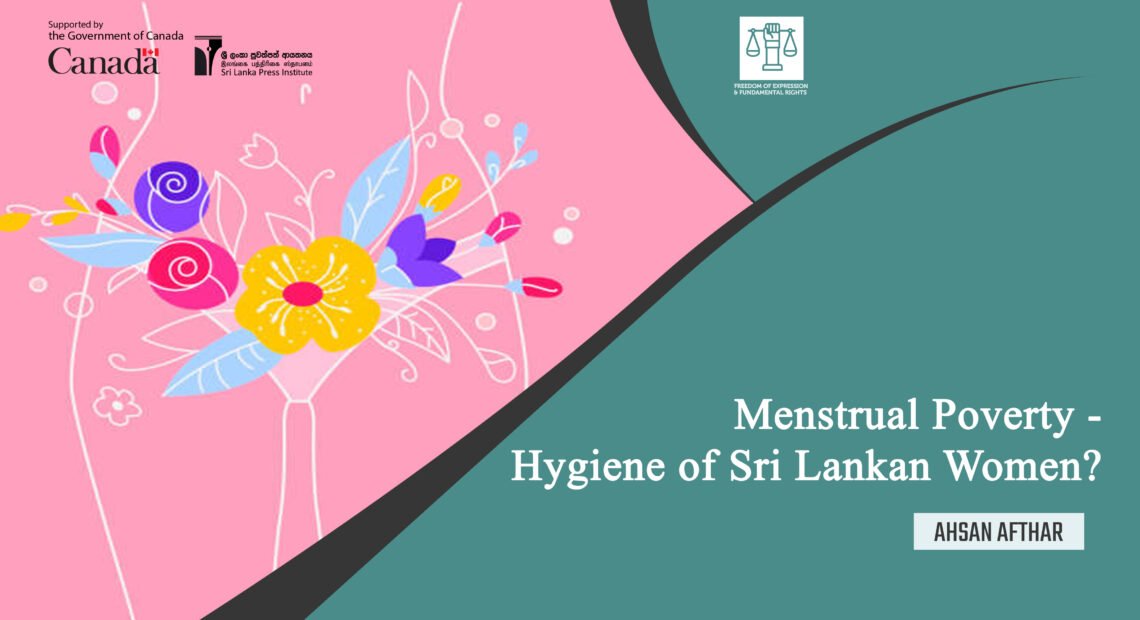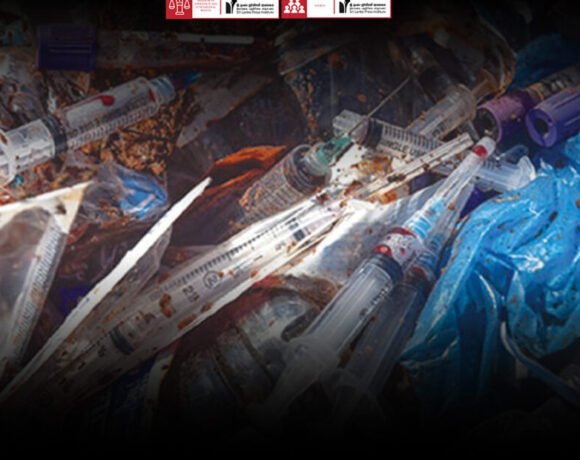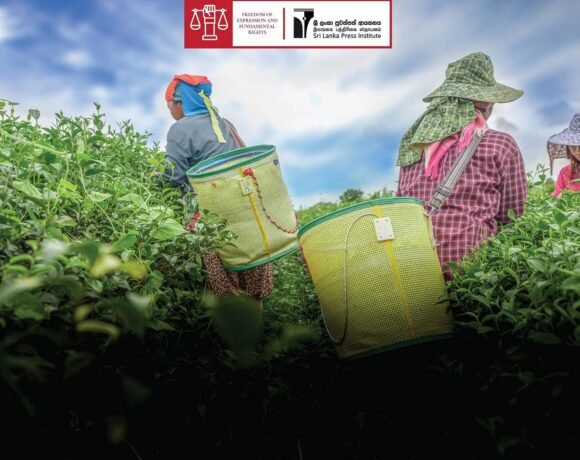
Menstrual Poverty – Hygiene of Sri Lankan Women?
Ahsan Afthar
The threat by Covid 19 infection had big impacts on the normal life of everyone in Sri Lanka. At the time the economy and hygiene are faced with severe challenges, the introduction of 15% Cess on women’s sanitary towels in 2021 Budget has made period poverty the topic of the day in Sri Lanka.
Poor attention towards basic hygiene during mensuration is called period poverty. In the opinion of Women’s and Social activists, in this country where over 52% of the population are females, the introduction of this tax by the Government reflects its poor attention towards the prices of feminine sanitary articles.
Members of Parliament in Sri Lanka have recorded their voices against this tax. The female MPs Rohini Kaviratne, Harinie Amerasooriya and Diana Gamage are the ones who raised their objections.
Harinie Amerasooriya who spoke about this in Parliament, having finished her speech, she went to the recreation room in Parliament, photographed the place allotted there for changing sanitary towels and uploaded it in Facebook. Together with the photograph, she mentioned “ In my speech said, while we are unable to change sanitary towels properly in Parliament, how difficult would it be for other women in in the country. The Government should be responsible for women in Sri Lanka who encounter period poverty like us in Parliament.
Harinie pointed out that period poverty is a problem that cannot be limited to sanitary towels. “ Many women do not go to work during periods. In many schools, there is neither water nor toilet facilities. This problem cannot be limited to sanitary towels” she mentioned.
According to 2018 census, Sri Lankan population was 21.67 Million. Of this 53% are women. In Sri Lanka 12 Million women and girls experience mensuration. Past reports say 70% of these women face period poverty.
In a study undertaken by the Bureau for Health Incentives, it came to light that 25.1% of the schools in Sri Lanka lack adequate toilet facilities. This contributes directly to the drop in attendance of school girls. Instead of undergoing difficulties while participating in educational, sports and arts programmes, they think the best option is to absent themselves. Women and girls are forced into this situation because of the high cost of their sanitary articles.
In Parliament 95% of decision-makers are males. In the free education introduced in 1945 proper sex education and reproductive sanitation were not included in the curricula. This indicates the inefficiency of men in understanding period poverty.
Until 2018, tax on imported sanitary towels was more than 100% (101.21%). As a result of objections in social media, the then Finance Minister did away with 30% of the import tax. In a study made by a Non-Governmental Organisation in 2018, it was that only 30% of the women in this country could afford the use of sanitary towels. The remaining 70% of women and girls are forced to use sarees (cloths), because of the excessive cost of sanitary towels.
When we questioned Dr. M.N.M.Thilsan about this problem which is a challenge to feminine hygiene, he said “It is essential to be clean during mensuration. Because it is necessary for the woman’s physical as well as mental wellbeing. Cleanliness during periods depends on good quality and healthy towels. Using sarees (cloths) instead of clean towels will create many health problems.
- Sarees (cloths) are incapable of absorbing the blood. So it will remain on the saree (cloth) and get infected with germs which will enter the body through the urinary tract and the genital organ and create health problems.
- The blood seeping through the saree (cloth) smears the dress and visible outside the dress. This affects the woman to mentally reduce her efficiency.
- Clean towels are easy to change but not the saree (cloth). So, the sue of clean towels is necessary during periods.
We have now learned about the resultant hygienic problems faced by women who cannot afford to buy sanitary towels. Scotland is the first country to provide sanitary towels free of charge. In Sri Lanka where the economy suffered badly due to the internal war, natural disasters, extremist attacks and corruption, it is not clear whether the Government will consider providing sanitary towels free of charge. But the people only want the heavy tax to be abolished.








